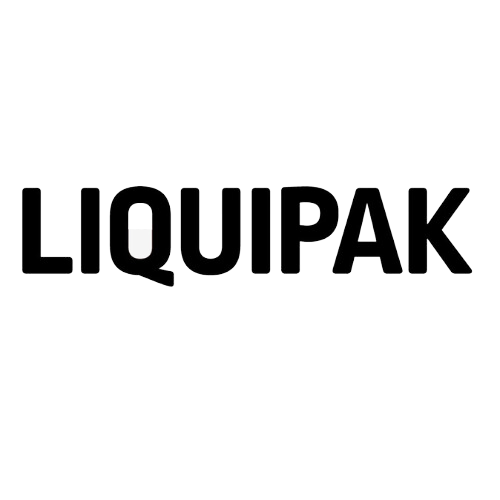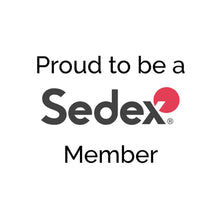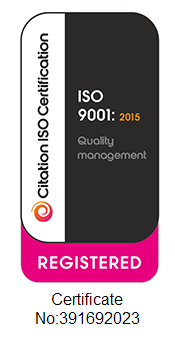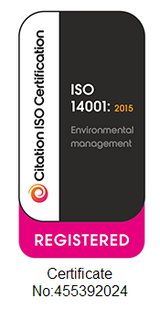Outdoor Exterior Cleaning: Pressure Washing vs. Soft Washing
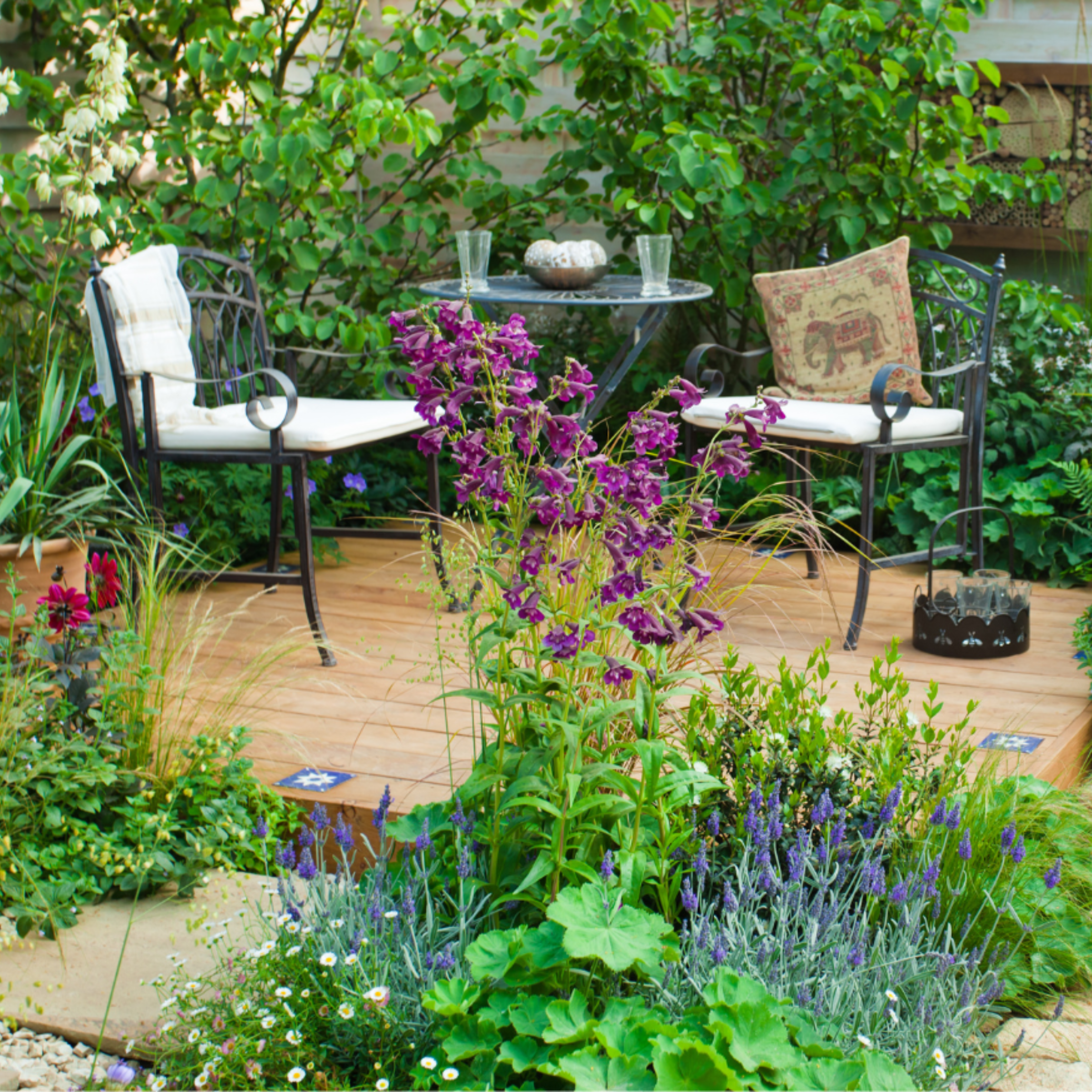
In the domain of exterior cleaning, two primary methods frequently emerge as central topics of discussion: pressure washing and soft washing.
Each technique provides unique benefits and meets specific cleaning needs. Grasping the differences between these methods is crucial for homeowners, business owners, and cleaning experts. This understanding guarantees that the correct approach is employed, thereby protecting the integrity of the surface and achieving the best possible cleaning results.
Pressure Washing
Pressure washing, commonly known as power washing, employs high-pressure water to eliminate dirt, grime, mould, and other contaminants from diverse surfaces. This method directs a stream of pressurized water onto surfaces, effectively dislodging accumulated dirt and debris.

Applications and Uses of Pressure Washing
- Cleaning concrete driveways and walkway
- Removing mould and mildew from exterior walls
- Cleansing wooden decks and patios
- Restoring the appearance of brick and stone surfaces
Advantages of Pressure Washing
Effective Cleaning: High-pressure water can tackle stubborn stains adeptly, making it ideal for heavily soiled surfaces.
Versatility: Suitable for a wide array of surfaces, from concrete to wood.
Eco-Friendly: When used without chemicals, pressure washing is environmentally friendly as it solely employs water.
Soft Washing
In stark contrast to the vigorous approach of pressure washing, soft washing depends primarily on specialized cleaning solutions rather than on high pressure. This method involves applying a mixture of water, cleaning agents, and, occasionally, mildewcides, algaecides, and surfactants to the designated surface.
 Soft washing commences with the application of a cleaning solution onto the surface. This solution is left to dwell, effectively breaking down dirt, algae, mould, and other contaminants. Subsequently, the surface is rinsed with low pressure water (i.e. a hose or watering can), ensuring gentle removal of both cleaning agents and dislodged dirt without causing damage.
Soft washing commences with the application of a cleaning solution onto the surface. This solution is left to dwell, effectively breaking down dirt, algae, mould, and other contaminants. Subsequently, the surface is rinsed with low pressure water (i.e. a hose or watering can), ensuring gentle removal of both cleaning agents and dislodged dirt without causing damage.
Sodium Hypochlorite, commonly known as bleach, is a powerful disinfectant and oxidizing agent. It's highly effective at killing bacteria, viruses, and algae, making it a popular choice for soft washing applications.
When used in the appropriate concentration and combined with surfactants, sodium hypochlorite can efficiently clean and sanitize surfaces without causing damage.
BAC50 Benzalkonium Chloride Biocide is a quaternary ammonium-based product. It can be used for the preparation of disinfectants, cleaners and timber preservation formulations and other similar applications. 
Advantages of Soft Washing
Gentle on Surfaces: Ideal for delicate surfaces like painted surfaces, vinyl siding, and asphalt shingles.
Deep Cleaning: Penetrates nooks and crannies for a thorough cleanse.
Long-Lasting Results: Addresses the root cause of dirt, ensuring sustained cleanliness.
Choosing Between Pressure Washing and Soft Washing. Pros and Cons:
Pressure Washing:
Pros: Powerful cleaning, versatility, immediate results
Cons: Potential for damage, short term solution, water usage
Soft Washing:
Pros: Gentle cleaning, deep and thorough, long-lasting results
Cons: Chemical use, potential for plant damage, longer process
When to Use Each Method:
Pressure Washing:
- Ideal for hard, resilient surfaces
- Effortless removal of heavy dirt accumulation
- Quick cleaning needs
Soft Washing:
- Ideal for delicate surfaces
- Areas prone to mould and algae receive a longer lasting resolution
- Surfaces close to plants
- Older or fragile surfaces
For DIY enthusiasts, safety should be paramount, and expert advice sought if in doubt.
FAQs
Main Difference: Pressure washing uses high-pressure water, while soft washing relies on cleaning solutions with low pressure rinse offs.
Pressure Washing for Home Exteriors?: It can be used cautiously but soft washing is often recommended for delicate surfaces, as a pressure washer is powerful and could damage the wall/finish on the building.
Eco-friendliness of Soft Washing?: Pressure washing can be more eco-friendly as it doesn’t rely on the use of chemicals, however there are environmentally safe products available to soft wash.
Cleaning Frequency: Driveways may benefit from annual pressure washing.
Mould and Algae Removal: Soft washing (long term) is the most effective method of removing organic growth.
Pressure Washing Wooden Decks?: It can be done cautiously; soft washing is also effective.
Soft Washing Roofs?: Yes, it's often recommended, especially for asphalt shingles.
- Tags: bac50 5l bac50 biocide bac50 dilution best patio cleaner for black spot best patio cleaning fluid how to use bac50 liquipak liquipak ltd pressure washing sodium hypo sodium hypochlorite What is the use of BAC 50
0 comments
